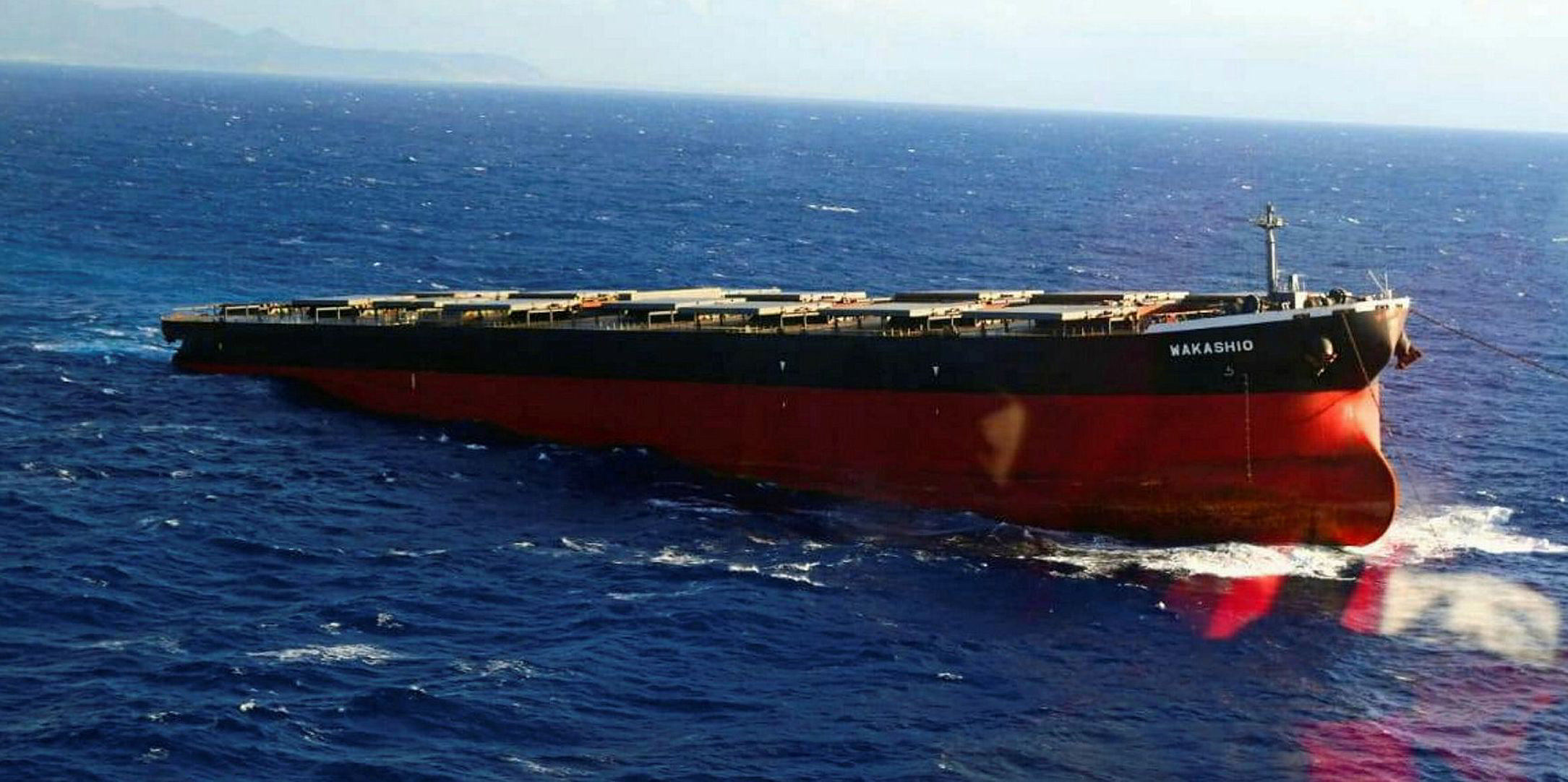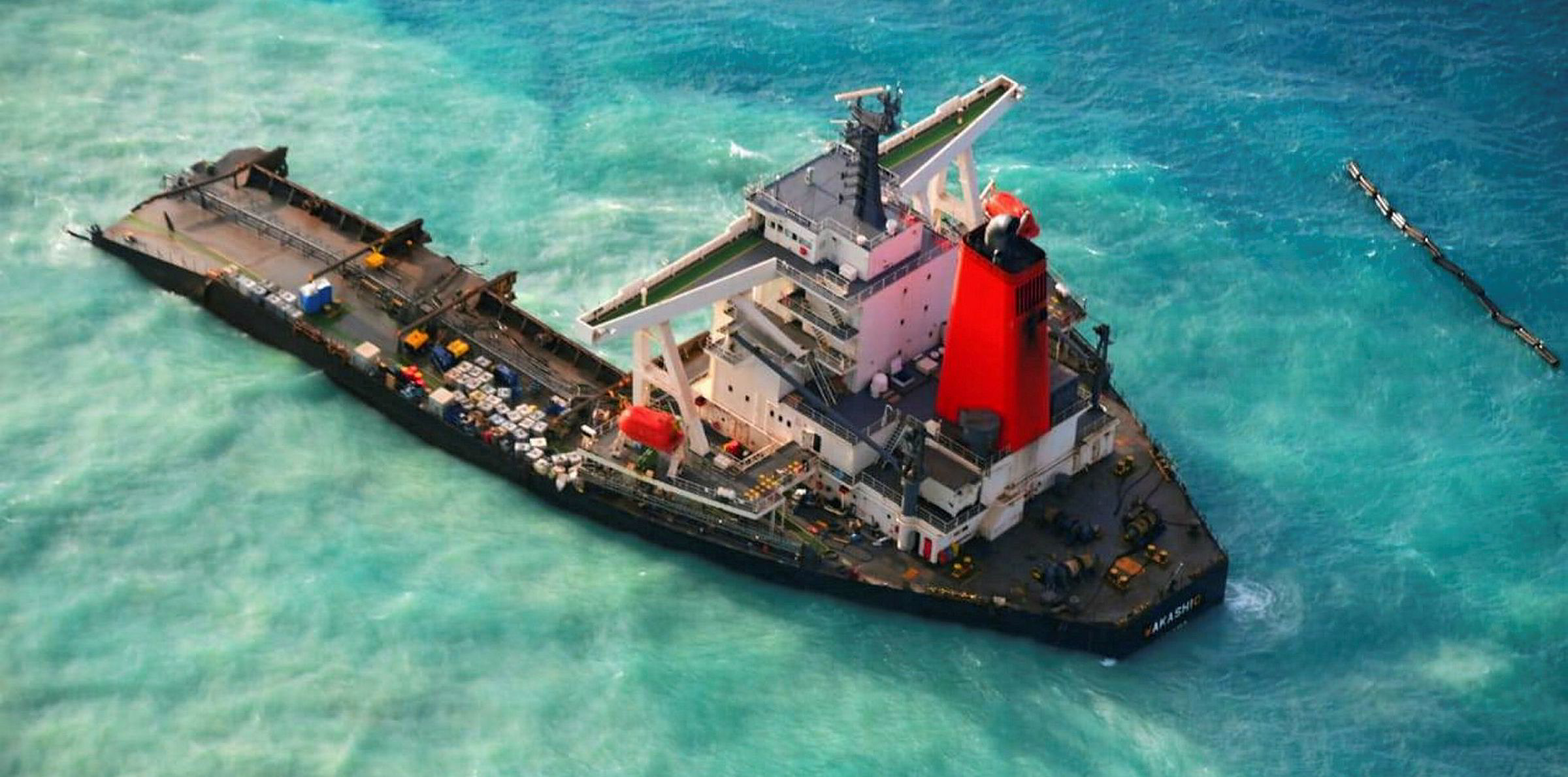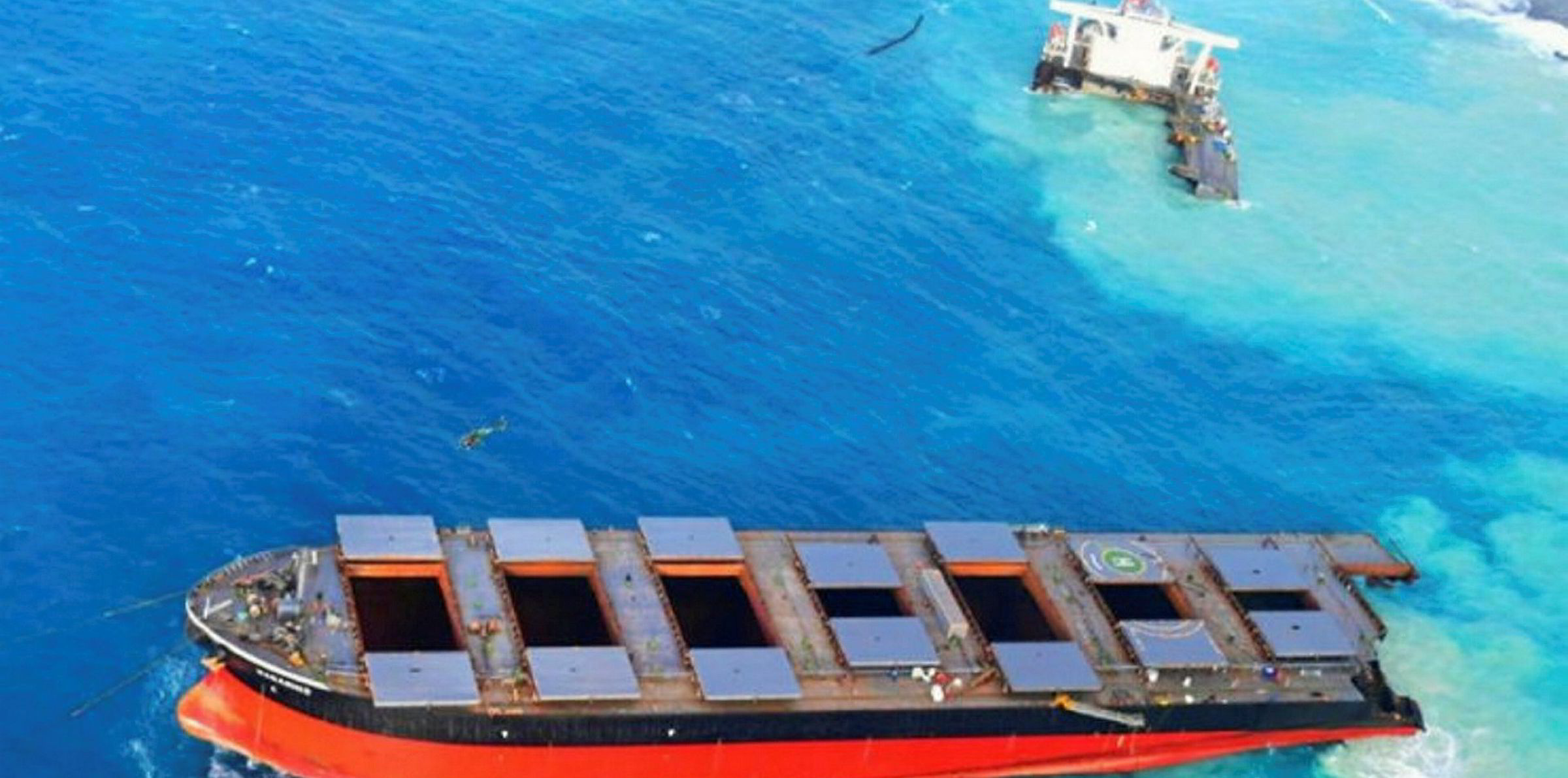Intercargo has said the investigation into the grounding of the Wakashio off Mauritius must be both “transparent” and “in depth”.
The dry bulk industry association also urged the flag state and all involved stakeholders to “release the findings as a matter of urgency”.
Intercargo secretary general Kostas Gkonis said: “No doubt once the facts are known, there will be valuable lessons to be learned from the grounding.”
The trade body has also called for “more assistance” to be provided to “restrain the further spreading of leaked oil and to collect it as quickly and effectively as possible”.
Intercargo said it was relieved that the crew had been safely evacuated, and that any loss of life has been avoided.
“As an industry we must ensure such accidents are avoided especially in busy sea lanes, which pass through pristine environmental habitats and island nations, where people are dependent on marine life and tourism,” said Gkonis.
“Of course we must express our concerns that such an incident can still occur today, despite the advanced navigational equipment, modern training methods and up-to-date weather routeing services currently available to the shipping industry.”

Separately, Clyde & Co partner and head of marine casualty Martin Hall said the compensation limit in Wakashio incident showed that the Bunker Convention was “no longer fit for purpose”.
Hall said that as the ship was not a laden tanker, any compensation claims seem likely to be dealt with under the 2001 convention.
The rules provide for mandatory third-party insurance cover, and allows claims of third parties for clean-up expenses and other losses caused by pollution from bunkers to be made directly against the insurers.
However, Hall said the owners may be entitled to limit liability in accordance with the Convention for Limitation of Liability for Maritime Claims 1976 or its amendments.
“Compensation is based on the gross tonnage of the vessel, which in this case appears to be 101,932 tonnes, and which would entail a cap of around $18m if Mauritius has only enacted the 1976 Limitation Convention," he said.
Hall said that any prospects of breaking the limit seem unlikely as the only way of doing so would be to prove that the owner was “personally responsible for the loss”, and that they “either acted with the intention to cause the loss or that they acted recklessly” and with knowledge that the loss would probably result.
“Although the Bunker Convention 2001 only came into force in 2008, this terrible incident shows that it is already time for governments of coastal states to urgently consider the applicable limits and enact the updated limits under the updated 1996 Protocol to the Limitation Convention to ensure compensation claims are properly covered,” he said.






